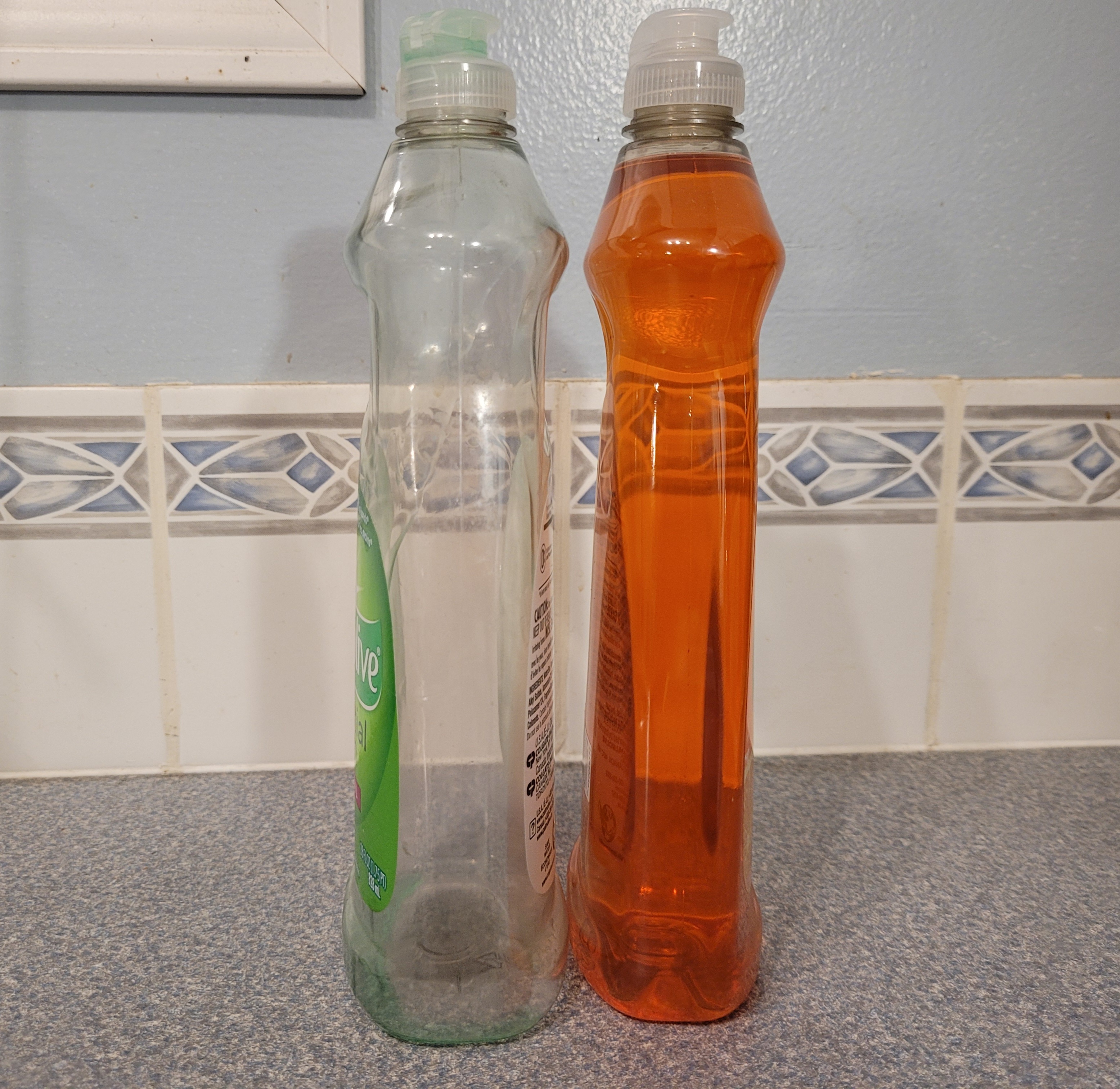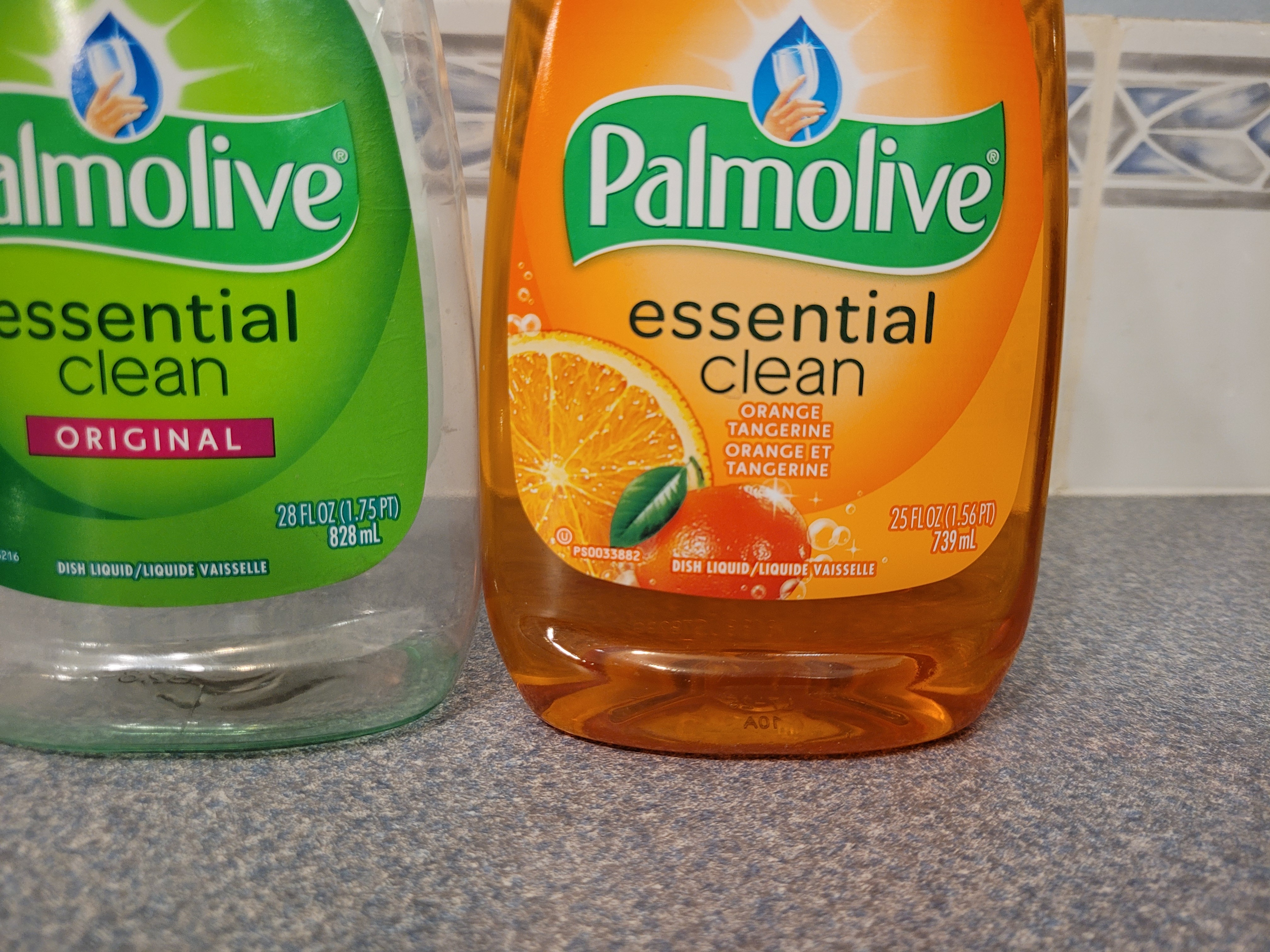Shrinkflation
A community about companies who sneakily adjust their product instead of the price in the hopes that consumers won't notice.
We notice. We feel ripped off. Let's call out those products so we can shop better.
What is Shrinkflation?
Shrinkflation is a term often coined to refer to a product reducing in size or quality while the price remains the same or increases.
Companies will often claim that this is necessary due to inflation, although this is rarely the case. Over the course of the pandemic, they have learned that they can mark up inelastic goods, which are goods with an intangible demand, such as food, as much as they want, and consumers will have no choice but to purchase it anyway because they are necessities.
From Wikipedia:
In economics, shrinkflation, also known as the grocery shrink ray, deflation, or package downsizing, is the process of items shrinking in size or quantity, or even sometimes reformulating or reducing quality, while their prices remain the same or increase. The word is a portmanteau of the words shrink and inflation.
[...]
Consumer advocates are critical of shrinkflation because it has the effect of reducing product value by "stealth". The reduction in pack size is sufficiently small as not to be immediately obvious to regular consumers. An unchanged price means that consumers are not alerted to the higher unit price. The practice adversely affects consumers' ability to make informed buying choices. Consumers have been found to be deterred more by rises in prices than by reductions in pack sizes. Suppliers and retailers have been called upon to be upfront with customers.
https://en.wikipedia.org/wiki/Shrinkflation
Community Rules
- Posts must be about shrinkflation, skimpflation or another related topic where a company has reduced their offering without reducing the price.
- The product must be a household item. No cars, industrial equipment, etc.
- You must provide a comparison between the old and new products, what changed and evidence of that change. If possible, also provide the prices and their currency, as well as purchase dates.
- Meta posts are allowed, but must be tagged using the [META] prefix
n.b.: for moderation purposes, only posts in English or in French are accepted.##
view the rest of the comments



Man that would be great but you know these companies are just gonna claim its an entirely different product to get around that
I feel like if we had an independent crowd sourced site or something to track these it would have better visibility
I agree that companies would try to get around it, but that's what government agencies are for, and the fact they will try and Weasle out of it doesn't mean we shouldn't try
I feel like openfoodfacts could be relevant to that - there are a lot of non-food grocery items tracked like dish soap. But yeah the main challenge would be tracking sku changes since openfoodfacts is based on barcodes. But the openfoodfacts database would be a good starting point since it has lots of data like container size and stuff.
One possible way to track it would be to show a banner on any item that has had a recent quantity change. If a new sku is introduced, they could track when one product code replaces another, and show a similar warning (or if that is too hard to track, a warning when a sku is newer than x months would alert you so that you don't mistake it for that product you've regularly bought for years).
Either way I'm not sure how it would be made low friction enough to be practical since openfoodfacts requires you to scan each items barcode to see details, unless you had like AR glasses that auto scanned products and showed warnings from openfoodfacts.
Nobody would visit it. If you entered products that you use to get a notification when it is changed, then someone would just hack the database and sell it to Informatica.